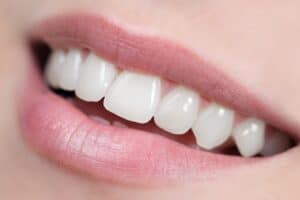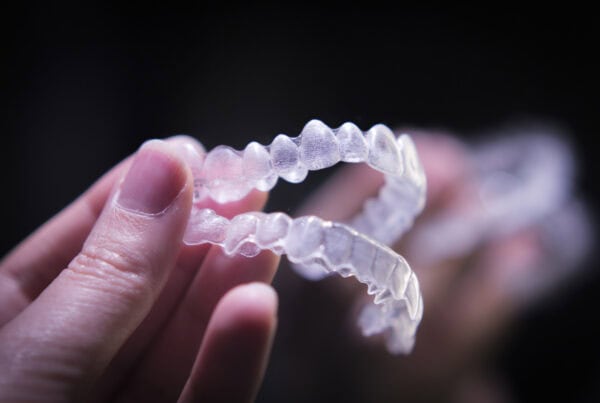
Looking To Have Composite Bonding But Want To Know If Composite Bonding Is Halal or Haram?
It is not uncommon to see our Muslim community ask us if getting composite bonding is halal for them or haram. The concept of Halal and Haram helps Muslims decide when making decisions about what’s permissible and what’s not permissible to use in their daily lives.
If you are a Muslim and looking to get composite bonding or other forms of dental treatments, it is okay to ask if it’s permissible or not. So, this post is an answer to this important question so that all Muslims can make the right decision concerning their teeth.
Halal and Haram; What Are They?
To understand if composite bonding is halal or haram, it’s important to first clear the air on what the two terms mean.
Halal is an Arabic word that means permissible or lawful in the English language. This is not limited to certain foods a Muslim can or cannot eat but is also applicable to everything lawful in a Muslim’s life. However, the term is often used with respect to food.
Haram, on the other hand, is the opposite of Halal, and it means something forbidden or unlawful for Muslims to use or eat.
 What’s Composite Bonding?
What’s Composite Bonding?
Composite bonding is a dental treatment procedure where a type of dental material – composite resin is shaped and molded on the teeth to make them look straighter and more appealing. Composite bonding can also be used as a cosmetic solution to gapped, chipped, and stained teeth.
A typical composite resin is composed of a resin-based matrix, such as bisphenol A-glycidyl methacrylate and inorganic filler-like silica. For years, this material has been used in composite bonding to help people fix various dental issues and restore their smiles.
So, Is Composite Bonding Halal or Haram?
This actually depends on the reason composite bonding is gotten. The use of composite bonding to meet a specific health need, such as fixing a defect or straightening crooked and unaligned teeth, is permitted. In that case, it is considered Halal.
At the same time, such a procedure is considered permissible provided no Haram ingredients are used. And from deep studies into the ingredients used in making the composite resin used for composite bonding, there are no Haram ingredients included.
However, some people argue that the procedure may be haram because it may prevent water from reaching certain parts of the teeth, hence could render one’s ghusl (ritual bath) or ablution (wudu) unacceptable.
It is true that every part of the body that is required to be washed during ablution must be washed for the ablution to be acceptable. However, if the area of the body is covered due to need, then one’s wudu or ghusl is considered valid.
With that in mind, even if water couldn’t reach the covered portion of the teeth due to bonding, one’s ghusl will still be valid if bonding is used out of need, such as wanting to fix certain dental issues rather than majorly for beautification purposes.
 Putting Them All Together
Putting Them All Together
Haram is anything or practice that is considered not permissible to do or use by Muslims. The Haram-Halal concept is used in the religion to guide every decision they make. And on the issue of composite bonding, the treatment procedure is considered Halal is done out of need and not purely for beautification purposes.
Therefore, if you have chipped teeth, gapped teeth, or misaligned teeth that are causing you some health challenges and need to be fixed, it’s okay to opt for composite bonding as it is not considered Haram in that case.
This is just our basic opinion and we would advise you to seek further clarification from your Imam.
Final Note
You can speak to our team by filling our contact form. Want to learn more about the various costs of veneers and payment options available to you? Contact us now or visit our Fees and Finance page.




